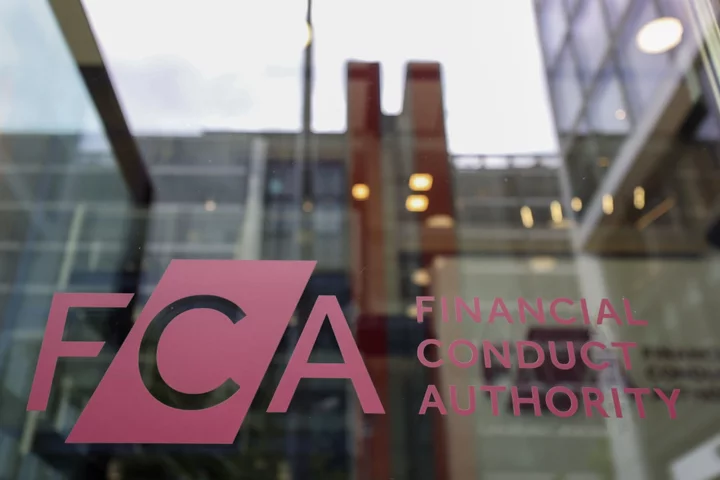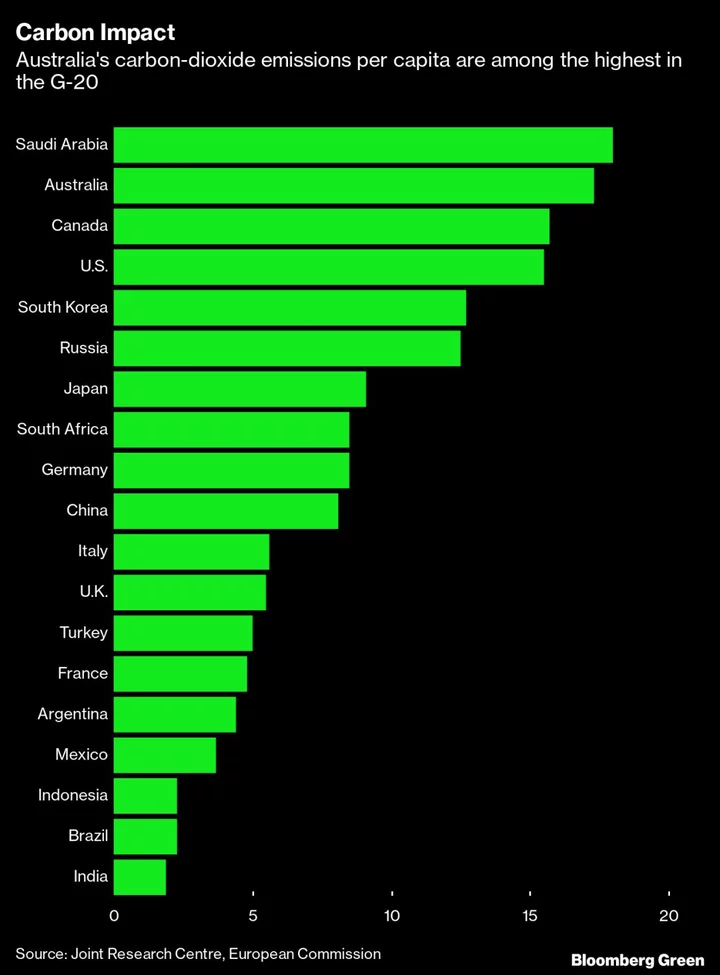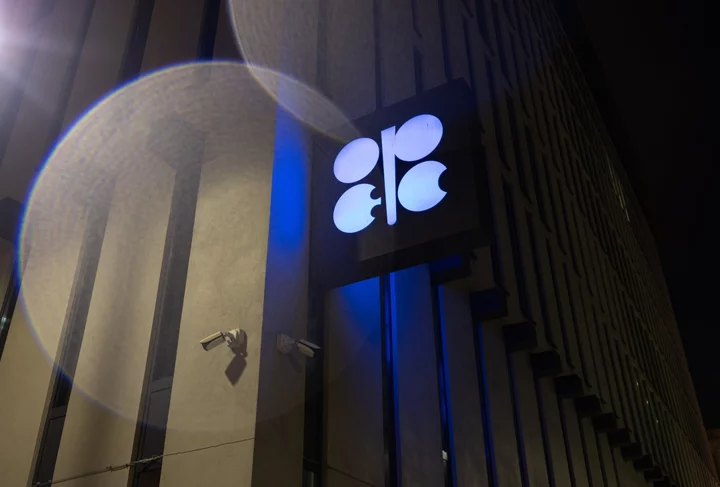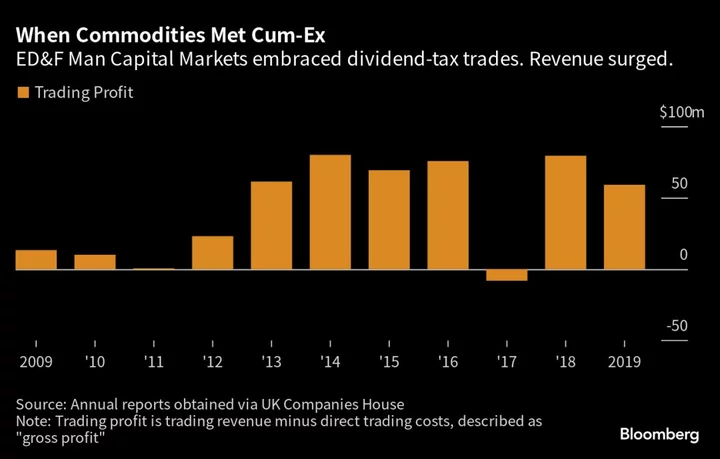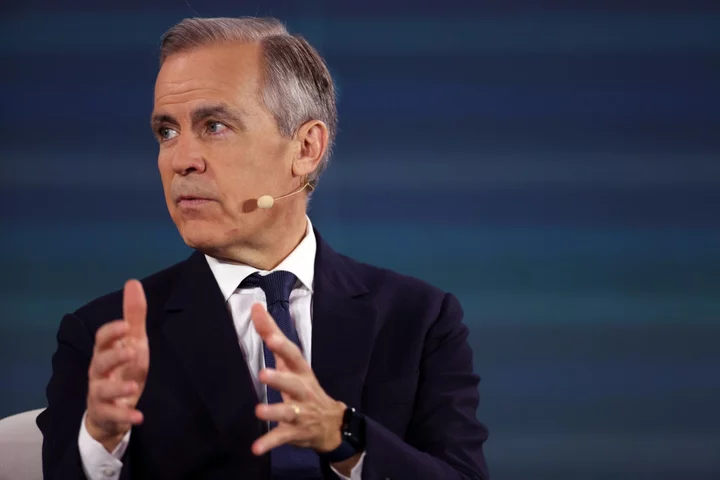Banks must “accelerate” efforts to make it easier for customers to access their best savings rates, the latest sign of the mounting pressure on lenders to pass on more of the benefits of higher interest rates.
The firms need to improve their standards in order to meet the demands of the incoming Consumer Duty, which is coming into force by the end of this month and puts extra burdens on lenders to treat customers fairly, the Financial Conduct Authority said in a statement issued after a meeting Thursday to discuss savings rates.
Banks and building societies have made some improvements over rates in preparation for implementation of the Consumer Duty, but that needs to be stepped up, the FCA said. The market needs to be “competitive,” it added.
The statement followed the meeting between Sheldon Mills, the FCA’s executive director for consumers and competition, and a group of bank bosses from Lloyds Banking Group Plc, NatWest Group Plc, Barclays Plc and HSBC Holdings Plc as well as smaller firms such as TSB and Co-operative Bank.
Lobby group UK Finance said in a statement that the meeting was “constructive” and that the market is “competitive”. Banks will continue to “work with the regulator on this important topic,” it added.
It follows accusations banks have been “profiteering” from savers, prompting worries in the banking sector that they could face a wider debate about their role in society, according to several people familiar with the matter, who asked not to be named.
Questions about competition in banking could re-emerge, as could the threat of windfall taxes as banks prepare to post half-year earnings that are set to be flattered by interest rates rising more for borrowers than savers.
“The FCA has a competition duty. No doubt they are looking carefully at this in the context of recent allegations,” said Andrew Tyrie, a member of the House of Lords who was previously chairman of the Treasury Select Committee and the Competition and Markets Authority. “Sitting behind them, the CMA should also be watching carefully.”
Three years after the banks were praised for supporting customers through the Covid-19 pandemic, the industry is now on the receiving end of angry rhetoric from politicians, who are preparing for a likely general election next year as voters continue to struggle with inflation. Supermarkets have faced similar criticism.
“With interest rates on the rise and our constituents feeling squeezed by rising prices, it is only right that the UK’s biggest banks step up their measly easy access savings rates. The time for action is now,” said Harriett Baldwin, chair of the Treasury Select Committee, this week.
Angela Eagle, another member of the committee, went further, accusing retail banks of “squeezing higher profits from their loyal savings customers. This blatant profiteering has been shocking.”
The committee has written to the UK’s four biggest banks and the FCA challenging them about savings rates. The FCA has said it will report back on whether it thinks the savings market is functioning by the end of this month.
Mills said in a broadcast interview reported by Reuters that it was not the FCA’s job to set prices. “I think savers are getting value,” he added.
For lenders, the Bank of England’s 13 successive rises in interest rates represent the chance to get back to profit margins last seen before the 2008 financial crisis, when rates were slashed to near zero. Since then, the earnings they can generate from the difference between savings and loans has severely shrunk — in part because mortgage rates are largely dictated by the market cost of funding.
The banks agreed to sign the Treasury’s mortgage charter to support customers last month, though the pledges barely go further than help they were already offering.
On savings, potential changes could include the end of banks offering their best savings rates only to new customers who open a current account. Another option could be stoking demand for fixed rate products, which offer higher interest in return for locking away cash. This market shrank dramatically in the era of ultra-low rates.
(Updates throughout with details of meeting.)

